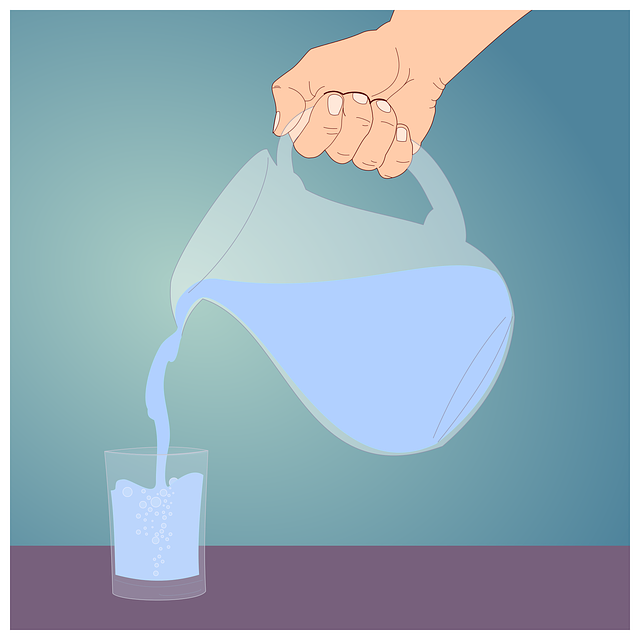
Exercising and menopause
Happy Monday!!!!! So, you’re exercising and have come to periomenopause or post menopause and you are not seeing the same results as you did when you were younger. Sound familiar? It’s not that you’re doing something wrong; your body is changing and metabolism is slowing down and our caloric intake is not changing or is actually increasing. But don’t we exercise to allow our bodies more calories or to allow ourselves to cheat once in a while? Yes and no. Cheat days are definitely recommended by most, if not all, health professionals for a number of reasons. Cheat days reduce the risk of a complete relapse, but it is not a guarantee to avoid total relapses into poor eating habits.
Exercise improves cardiorespiratory function and, when done consistently and regularly, it reduces the metabolic risks associated with the natural decline in estrogen we encounter in menopause (Mishra, Mishra, & Devanshi, 2011). We also know that exercise increases the good cholesterol (HDL) and decreases the bad cholesterol (LDL) (Mishra, Mishra, & Devanshi, 2011). Increased bone mass is a significant benefit for older women to reduce the decline of bone density and to help prevent osteoporosis (Mishra, Mishra, & Devanshi, 2011). We know that stress causes many issues of poor health and we need to combine exercise and meditation practices to really work hard at reducing stress levels (Mishra, Mishra, & Devanshi, 2011).
We have also mentioned how setting realistic goals that you are able to achieve can help maintain motivation. (Mayo Clinic, 2019). Also remember that goals are not set and then never changed (Mayo Clinic, 2019). We have to also be specific and understand that the goals set initially are going to become fluid and adjustments are required as we meet the initial goal we have set (Mayo Clinic, 2019). We have to include activities that excite us, maybe consider working out with a friend or neighbor and share the benefits of socialization and good health (of course, working within the current restrictions and guidelines associated with COVID-19) (Mayo Clinic,2019).

Remember that when you make a plan for the future, think in terms of how businesses set goals. They have a mission statement that tells others of what the business is created for in terms of what needs will be met. Also remember to align that mission statement with your core values, and finally, lay out the vision based on the final objective and working backwards to layout the steps necessary to achieve the vision. Values can also be thought of in terms of how the goal(s) can add value to your current situation. Good health is priceless, so make sure you truly understand the value of sound eating practices, exercise, and stress reduction.

Hydration is another key factor when dealing with menopause. Exercise dehydrates the body with perspiration from exertion. Remember, the body has varying water content levels (USGS, 2021). Hormonal changes also result in higher fluid retention rates in menopausal women (Strachenfeld, 2014). Hydration is also associated with lower blood pressure readings (Strachenfeld, 2014). Menopause also increases risk of dry skin, dry hair follicles, and therefore, the need to hydrate is even more important in menopausal women (Strachenfeld, 2014). One way to increase the likelihood of hydration is to include lemon water, which also adds the benefit of better heart and liver health overall (Mucci-Mosier, Sauchelli, & Editors, 2020). Adding lemon to water, preferably lukewarm or room temperature, and drinking first thing upon waking, alkalizes the body (Mucci-Mosier, Sauchelli, & Editors, 2020).
Menopause does not have to be a struggle or depressing. It is a natural course of aging and, with the proper care of our bodies, it can be one of the best times in our life. Ladies, remember, the magic formula for weight loss is always to burn more calories than you take in. Also, remember that sometimes when you think you’re hungry, maybe your body really wants water instead. Focus on balance, hydration, more fruits and vegetables, and be sure to get in at least 30 minutes of activity a day, preferably for a minimum of 5 days each week. Also be sure to add the strength training and stretching to your routine as well.
References
Fitness tips for menopause: Staying active. (2019, August 15). https://www.mayoclinic.org/healthy-lifestyle/womens-health/in-depth/fitness-tips-for-menopause/art-20044602. Retrieved January 11, 2021.
Mishra, N., Mishra, V. N., & Devanshi (2011). Exercise beyond menopause: Dos and Don’ts. Journal of mid-life health, 2(2), 51–56. https://doi.org/10.4103/0976-7800.92524
Mucci-Mosier, K., Sauchelli, L., & Editors, H. W. (2020, December 22). Chemical-Free Power Drink: Lemon Water. HealthyWomen. https://www.healthywomen.org/content/blog-entry/chemical-free-power-drink-lemon-water.
Stachenfeld N. S. (2014). Hormonal changes during menopause and the impact on fluid regulation. Reproductive sciences (Thousand Oaks, Calif.), 21(5), 555–561. https://doi.org/10.1177/1933719113518992
The Water in You: Water and the Human Body. https://www.usgs.gov/special-topic/water-science-school/science/water-you-water-and-human-body?qt-science_center_objects=0#qt-science_center_objects. Retrieved January 11, 2021.